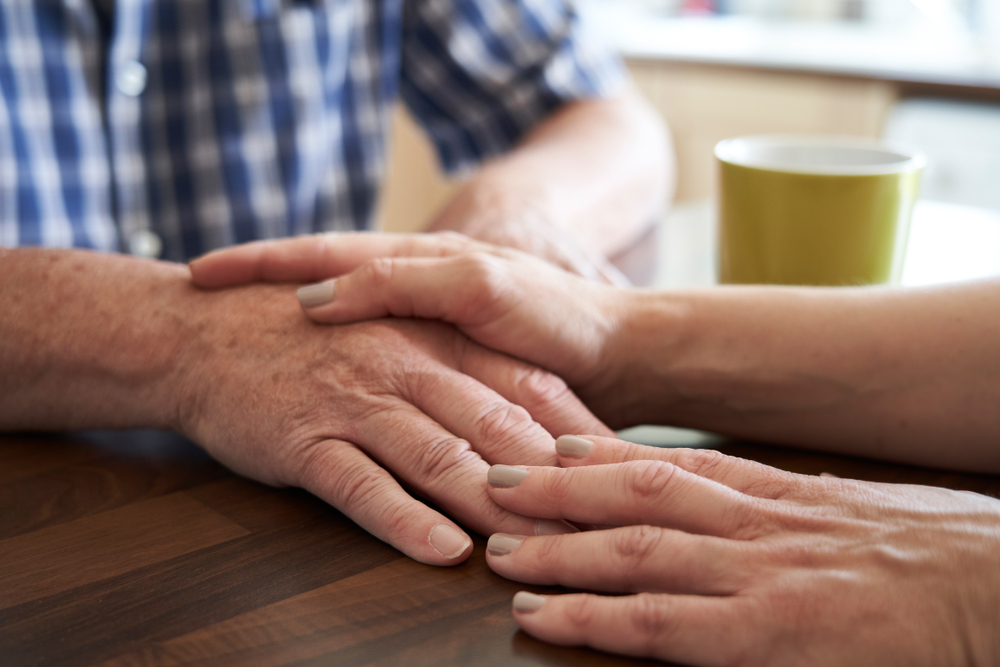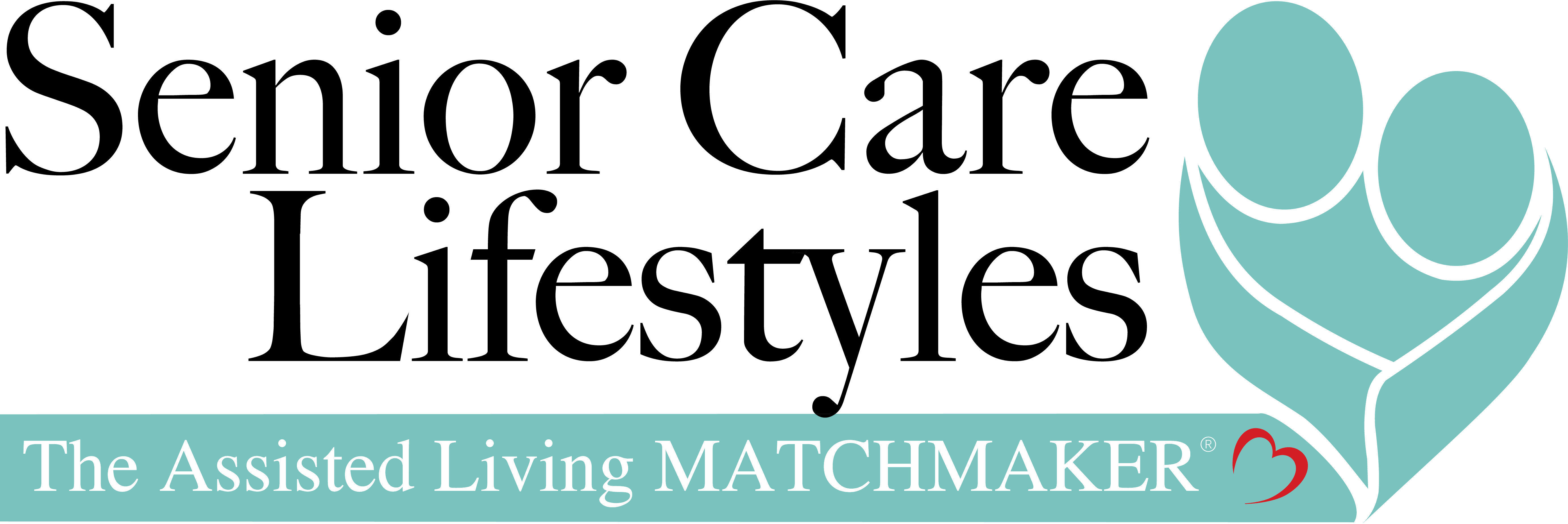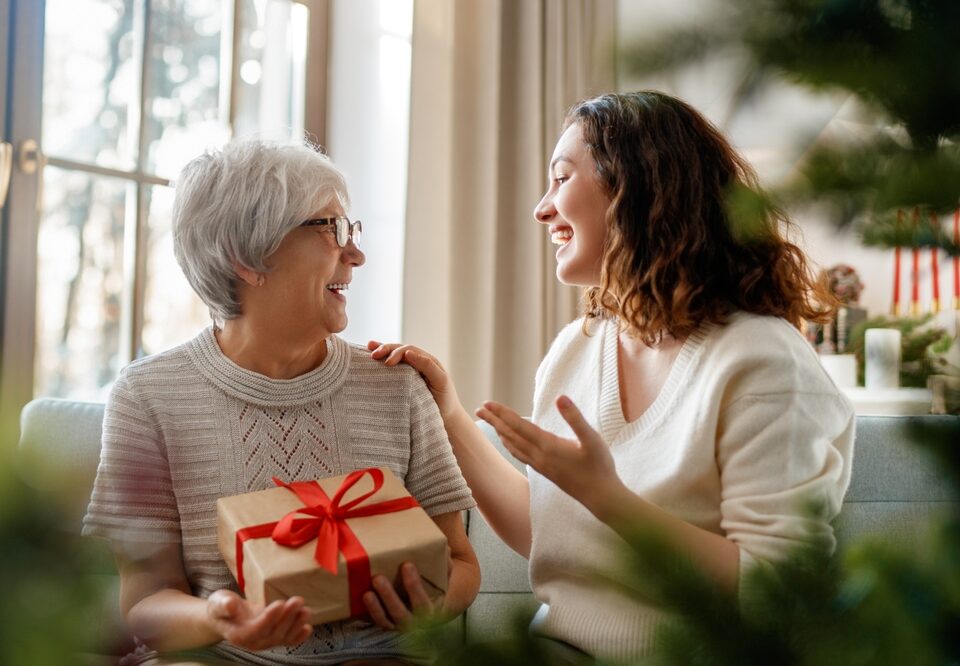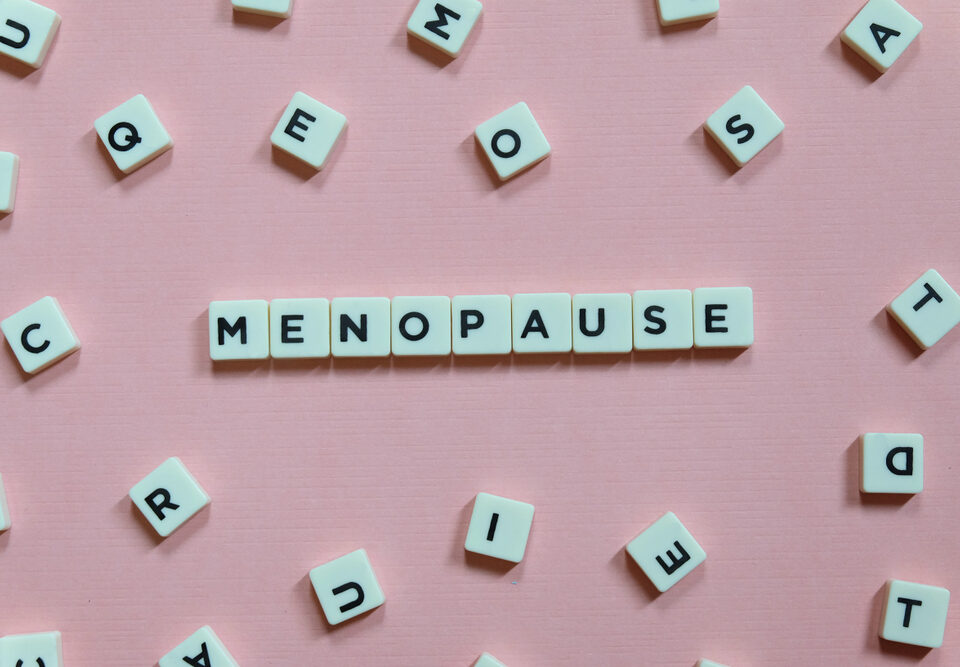- Serving, Baltimore, Harford, Howard, Anne Arundel and other surrounding counties.
- 410-977-3718
How to Talk about Suicide with Your Senior Loved Ones

When you hear a news story about suicide, it typically focuses on younger adults and the tragic deaths of teenagers. However, many people ignore the fact that the suicide death rate is highest among seniors who are 65 and older. The suicide rate among older men is higher than the rate for any other demographic in the United States. September is a great time to have a conversation about mental health with your senior loved ones, even if it’s hard. How can you start the conversation?
The Warning Signs of Suicide in Older Adults
Older generations typically have more trouble discussing mental health, as there was more cultural stigma about feeling depressed or alone. If your loved one has a history of mental illness, substance abuse, physical illness or a history of suicide attempts, their risk will be even higher. Whether or not your loved one is at an elevated risk of suicide, you should always take the warning signs seriously, which include:
- Giving away their belongings or sudden preoccupation with getting their affairs together
- Making concerning statements like “Nobody will miss me if I’m gone” or “Life isn’t worth living”
- Purchasing a firearm when they have not owned one in the past or been interested in owning one in the past
- Saying goodbye to friends and family members
How to Help Lower Suicide Risk
- Encourage your loved one to seek professional mental health treatment for their depression or mental illness. Depression is treatable, and counseling and medications can make a big difference in how your loved one feels.
- Maryland has a Suicide Prevention Program that allows callers to sign up to receive support intormation and resources. You can dial 2-1-1 to access these resources, or even text 898211 to have them sent to you. You can also share the National Suicide Prevention Lifeline number with your loved one, 800-273-8255.
- Help your loved one schedule and attend appointments for their various health conditions. When medication management is on-track and they are regularly seeing their medical care team, it will reduce the chance that they are experiencing negative mental health side effects from their medication.
- Loneliness is one of the hardest things that anyone can go through, so staying social is critical. During COVID-19 things have become more challenging, so make sure that your loved one has video chat capabilities and is using other tools to safely stay in touch.
- As we age, it can be hard to find and hold onto a sense of purpose and meaning in life. Encourage your loved one to find meaning in life through things like hobbies, spiritual pursuits, learning new skills or even volunteering.
Protect Your Loved Ones with Senior Care Lifestyles
Senior Care Lifestyles specializes in connecting seniors with the right in-home care, assisted living, or senior living community to meet their needs. We have helped hundreds of clients and treat each senior as a valued member of our own family deserving our personalized attention, compassion and respect.
For help, or questions please call us at 410-977-3718 or send a message through our website www.seniorcarelifestyles.com.




